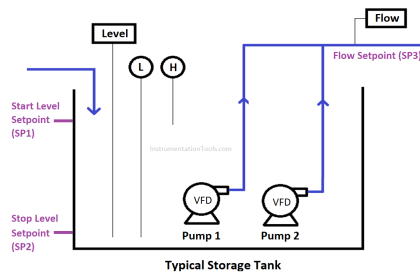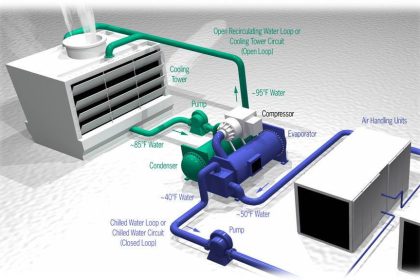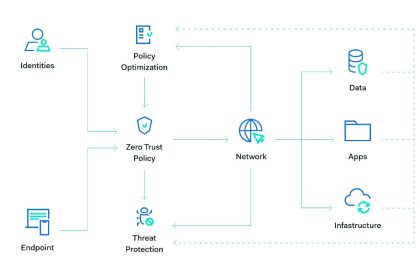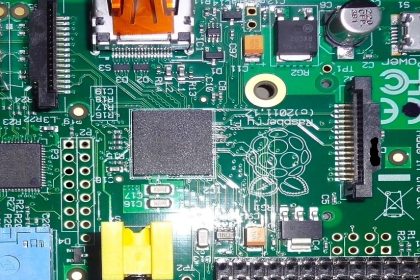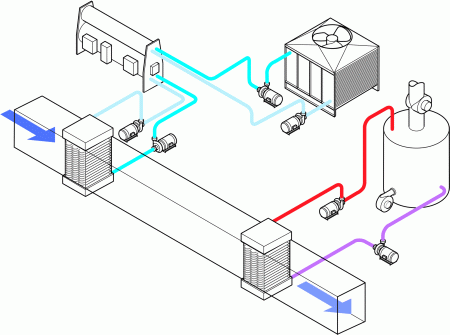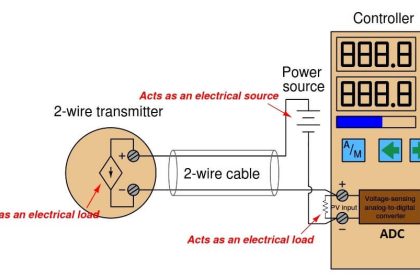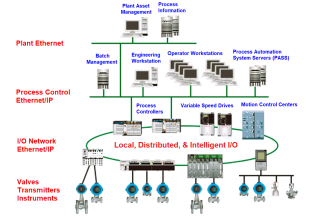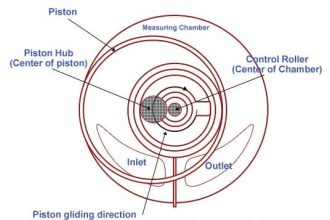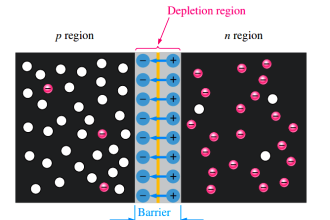The benefits of IoT in the manufacturing industry include enhanced operational efficiency, improved product quality, and reduced downtime.
As Industry 4.0 is used more and more in various sectors, be it domestic or industrial, it is benefitting lots of people in terms of output and profit. Time saved in doing things is a different profit.
In manufacturing industries around the world, IoT is taking system operation by storm and giving such an unpredictable high output, that virtually many people just copy it and try to implement the technology.
Benefits of IoT

The benefits of IoT are large and users contribute much from it. This is because production is digitalized, processes are streamlined and overall efficiency is improved. In this post, we will see some of the benefits of IoT in the manufacturing industry.
Increased Efficiency
What is efficiency? It means how effectively you are getting the output with fewer problems and accuracy. Higher efficiency means the system has a vast scope of good productivity.
As IoT is totally about digitalization as sensors and instruments share data in the cloud and allow them to connect with ERP or MES, you get quick data sitting in any area of the office. This helps in quick decisions and optimization. Digital way of data transfer is less prone to errors, and so you get precise outputs.
Human intervention is reduced to a great extent as he does not need to travel to field locations that can be hundreds of kilometers away. Data is the new big requirement in industries and the more efficiently your data is flowing through networks, the more reliable and efficient your plant is functioning.
Smooth data handling
Because IoT is all about data management, smooth and efficient data handling is a big benefit provided to industries. Due to such a large amount of data stored on cloud servers and exchanged between devices, users get the required information in hand with much fewer problems and at any desired time.
Also, users can see trends, manipulate server scripts, or pass them on to other users if data is available on time and too quickly. Also, as a person is not involved in manually collecting data, errors are reduced to a great extent.
Predictive maintenance
When users have data in their hands on time and that too in detail, they will be able to decide on maintenance activities of the plant on time. Predictive maintenance is a very handy tool for business. If he can identify when to get time out of production to do some maintenance work, then it is a huge benefit for them as the precise time of production is being able to be planned.
Rather than that, if there is no correct prediction of data, then maintenance activities cannot be carried out smoothly by users and this will eventually lead to losses. IoT helps them to create databases and identify areas of concern that require attention quickly.
Improvements in product quality
Add all the above benefits and just imagine you have an IoT-enabled sensor installed in the field, which is used to transmit temperature data. This sensor will be used to control some processes.
Now, as you get detailed information about the sensor, you get an idea of what is the actual process going on right now. This enables the user to get minute data of the process and understand it thoroughly. If the process works like this, then the overall product output becomes accurate and thus, the quality of production increases to a great extent.
Short time to marketing
Because IoT directly communicates with business-level enterprise software like MES, ERP, etc. there is fine communication between all departments like logistics, finance, sales, engineering, QA/QC, and production.
This will help to quickly market a product, as you have all the information in hand and that too, in a short time. Supply chain operation gets a good overlook and this helps to identify product cycle time. All these factors are enough to quickly market a product for a business.
Increased Safety
Because we get detailed information from IoT devices, we can keep the process safe and even ourselves safe from any damage. And the second case is, if any accident happens by chance, then the operators get alerted immediately due to the speed of data transfer.
Also, due to stored data in the database, accidents can be prevented in the future by studying it and taking necessary precautions. In a manufacturing industry, safety is a must due to many critical machines running and this feature helps the business to ensure a safe working environment.

